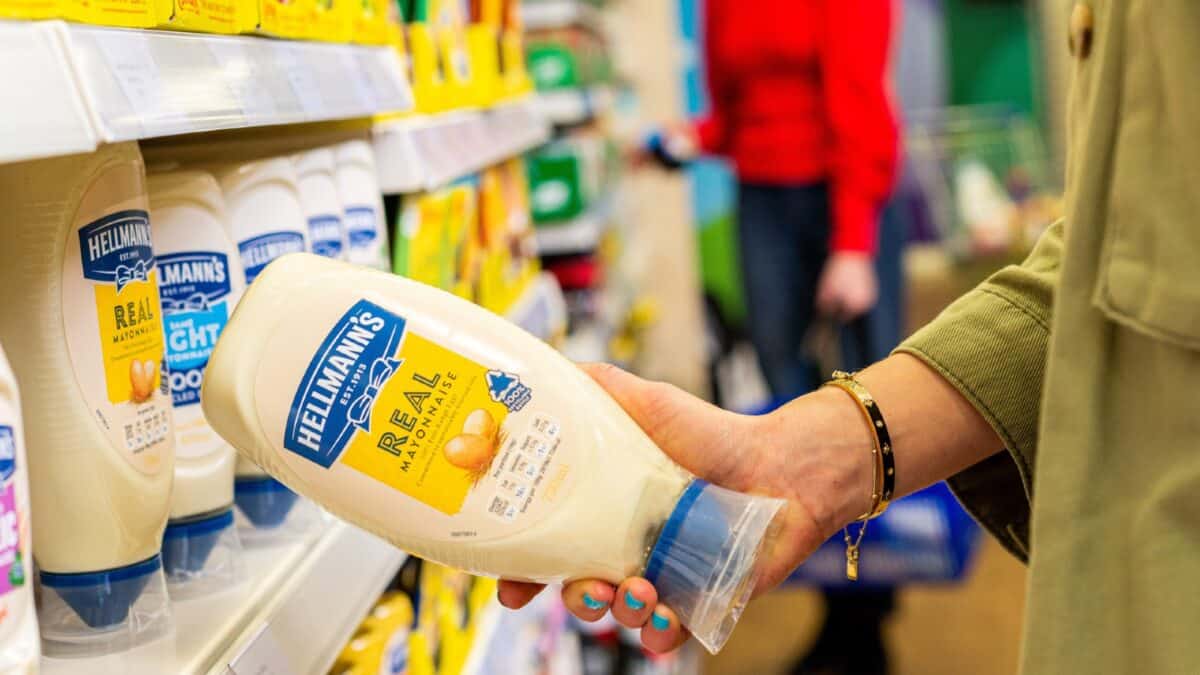Unilever (LSE: ULVR) shares jumped 5% on Thursday making it one of the biggest FTSE 100 risers of the day. It capped off a great week for the company following first-quarter earnings.
The rise followed remarks from the CEO about its ESG policies. He plans to reduce the focus on certain targets to provide better shareholder value. “I like realism,” he said.
Removing such restrictions will likely improve financials going forward. The markets seemed to agree with a 4.74% rise on the day.
Should you invest £1,000 in Phoenix Group Holdings Plc right now?
When investing expert Mark Rogers has a stock tip, it can pay to listen. After all, the flagship Motley Fool Share Advisor newsletter he has run for nearly a decade has provided thousands of paying members with top stock recommendations from the UK and US markets. And right now, Mark thinks there are 6 standout stocks that investors should consider buying. Want to see if Phoenix Group Holdings Plc made the list?
I don’t own Unilever shares, so I’m looking at this as a chance to buy in. But I have to ask: is this a chance to buy in at the ground floor? Or is this simply white noise in the grander scheme of things?
I must say I’m pretty happy I haven’t owned Unilever shares of late. The stock has struggled since the pandemic. The current share price of £41.05 is 21% off its pre-Covid high of £51.96.
Hold a candle
But I can’t ignore that Unilever has been one of the better UK shares this century. If I’d invested in 2006 then I’d be looking at a 514% total return. Per year, that’s a 10.6% return. Not many FTSE 100 stocks can hold a candle to that.
A decent dividend supports it going forward. The current yield of 3.84% sizes up well with the rest of the FTSE 100 – an index known for generous passive income stocks – and it’s not in the firing line to get slashed either.
I admire its products too. Is Hellmann’s Mayonnaise set to fall out of favour any time soon? Persil? Dove? Vaseline? I don’t think so. These are well-loved names and its to the credit of Unilever that it has built such a popular portfolio.
In terms of the latest news, I must say I’m encouraged by first-quarter results being positive. High inflation and the cost-of-living crisis are about as bad as it gets for the business it’s in, but these results bode well for the company and perhaps for the recovery as a whole.
Not a seismic shift
In terms of the ESG news, this is a thornier one. The prospect of companies like Unilever being more conscious of its impact on the world sounds good, but any restrictions come at a cost.
The silver lining might be that these ESG targets aren’t being binned, just made more realistic. Its target for reducing its ‘virgin plastic’ footprint by 50% by 2025 has shifted to 30% by 2026. The target for sustainably sourced crops has gone from 100% by 2030 to 95% by 2030.
Do those sound like seismic shifts? Not to me. They sound more like tweaks that could instead be looked at as a company being pragmatic in what it can achieve. I’d say that’s a very good thing.
With the firm trading at 19 times earnings – high for a Footsie firm – I don’t see this as an obvious add to my portfolio. But recent news seems positive and I’ll be keeping an eye on future developments.








